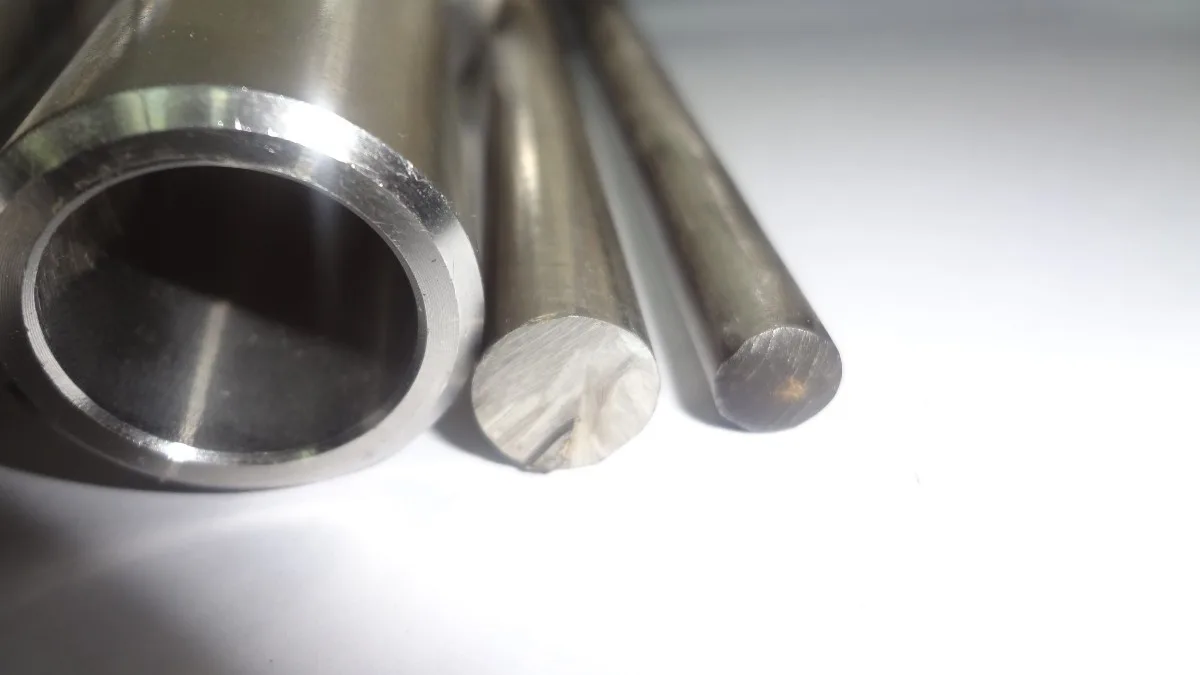What is Inconel and Why to Use it?
by Jessica
Posted on 21 May, 2021 at 3:05 PM

So what is Inconel?
Inconel has been designed and specifically manufactured to cope with some of the harshest industrial settings. The reason Inconel can survive harsh environments is because it has a substantially higher temperature tolerance than stainless steel and does not lose as much tensile strength at 2,000 degrees F as other steel kinds.
We also need to keep in mind that Inconel falls on the pricier side and hence we recommend to use this material sparingly, and only in situations where other materials will fail. With that in mind, here's a rundown of Inconel's characteristics, as well as a few examples of situations where it would be preferable to most stainless steel formulations:
Here are the top 5 uses on Inconel
Oil and Gas Extraction
Because of its excellent temperature tolerance and oxidation resistance, Inconel is very popularly utilized in the oil and gas sector. Super-alloy metals, such as Inconel, play a crucial role in the oil and gas industry because of their capability to withstand extreme temperatures and corrosive gases.
The Inconel 625 superalloy is particularly well suited to processing systems for natural gas production. Inconel 625 Pipes can also be utilized for the separation of extracted fluids or inline steel transfer pipes due to their strong thermal fatigue power and oxidation resistance.
Heat Treat Applications
Inconel is resistant to extreme and harsh temperatures and can also maintain appropriate tensile strength at high temperatures, allowing it to withstand light loads. At 2,000 degrees F, Inconel 625 retains a tensile strength of 13.3 KSI. When compared to stainless steel alloys like Grade 304, 316, and 330 SS, Inconel is the ideal basket material for heat treatment applications.
When transporting items through a vigorous heat treatment technique, a basket made of superalloys like Inconel will not lose its form as quickly as other stainless steel alloys.
Rapid Temperature Changes
High and low-temperature operations can be combined in quick succession in some industrial processes. Many Inconel alloys have excellent oxidation resistance at both high as well as low temperatures, this allows a single Inconel basket to be used in treatments ranging from near cryogenic lows to heat treatment highs.
Salt Water Applications
Because of its high endurance to sodium chloride (salt) at different temperatures, Inconel Alloy 600 Pipes are frequently used in various types of maritime applications. As a result, Inconel may be ideal for cleaning basket components in procedures that employ salt or in factories located near the shore.
Other stainless steel alloys also have exceptional seawater resistance. So, when will Inconel be considered superior?
If high temperatures of more than 1,000 degrees Fahrenheit were not a concern, this superalloy would be far more effective than grade 316 stainless steel. Inconel can withstand greater temperatures than 316 SS without losing its oxidation resistance.
Jet Engines
Jet engines possess the capacity to endure extreme temperatures, both high and low, even when in operation. At 36,000 feet, according to the environment training website. Although the combustion cycle reaches temperatures of 1,150 degrees C (well inside a passenger jet's usual flying altitude), the average air temperature is -56.3 degrees C (-69.3 degrees F) (2120 degrees F).
Cooling methods are used to speedily reduce temperatures, however, they can easily exceed the limits of some metals. Despite frequent temperature variations caused by the combustion cycle and cooling procedures used in the aerospace sector, Inconel 600 retains good oxidation tolerance and tensile strength.
When extreme temperature and chemical tolerance are required, Inconel is the ideal material to employ since some metals' oxidation tolerance is frequently degraded at high temperatures.